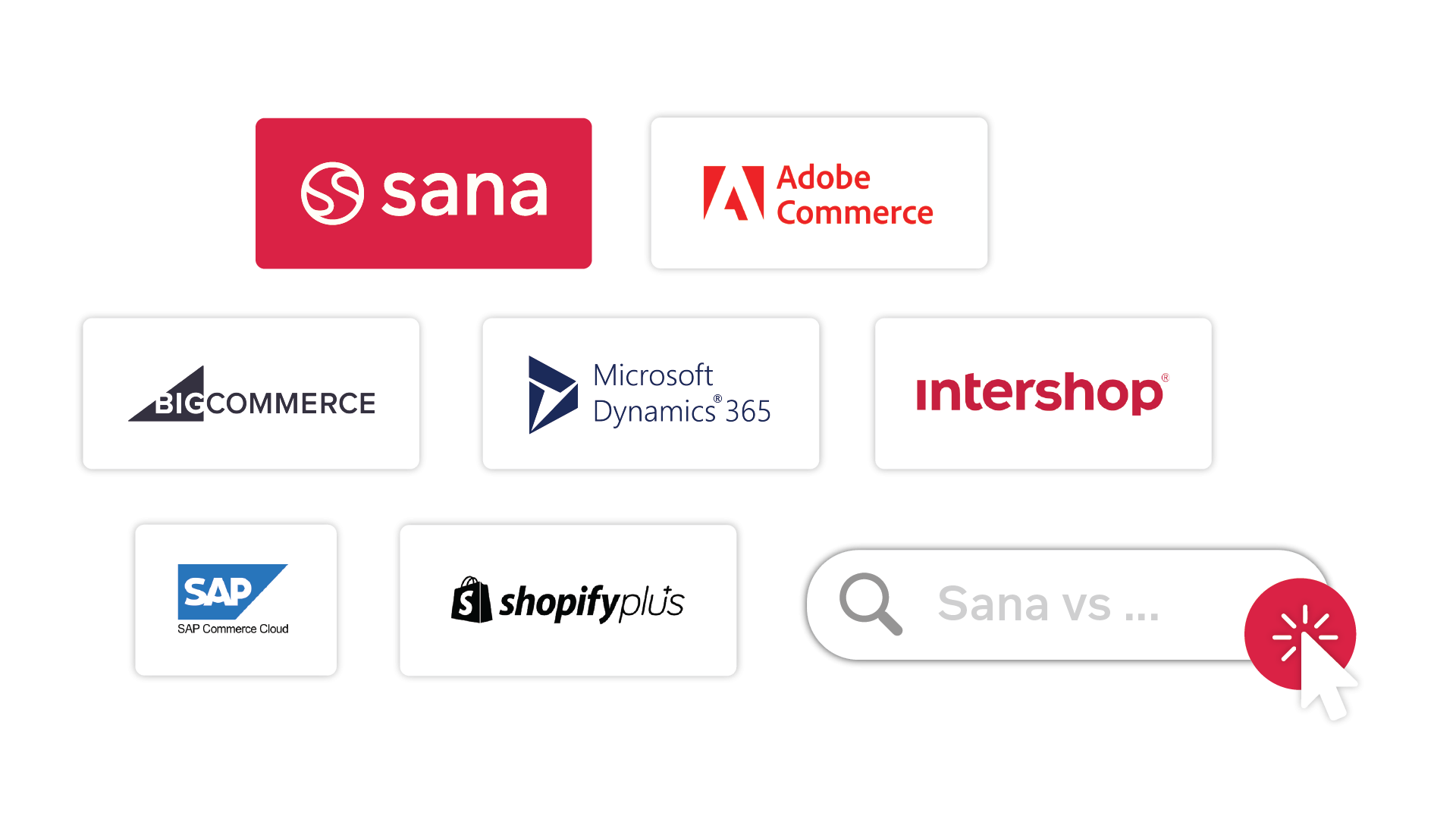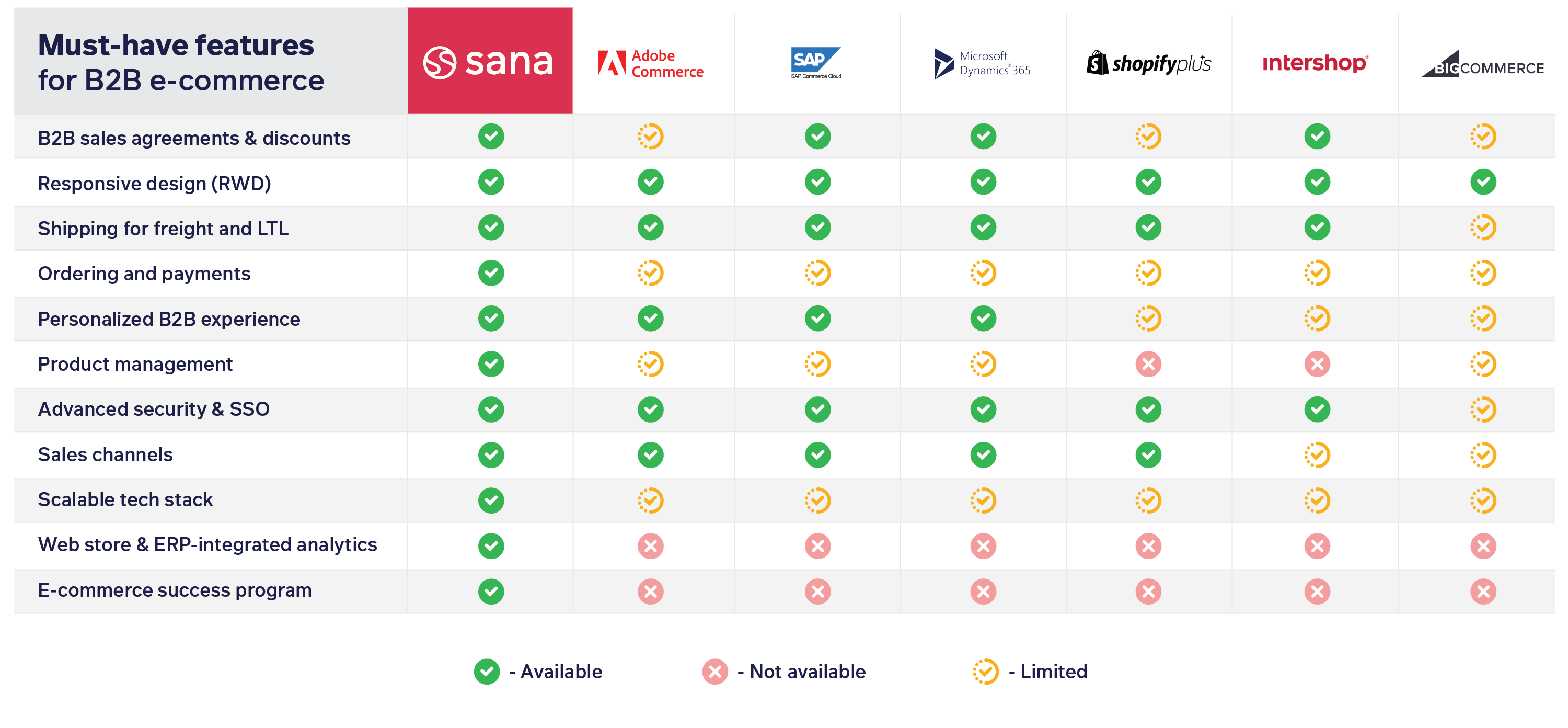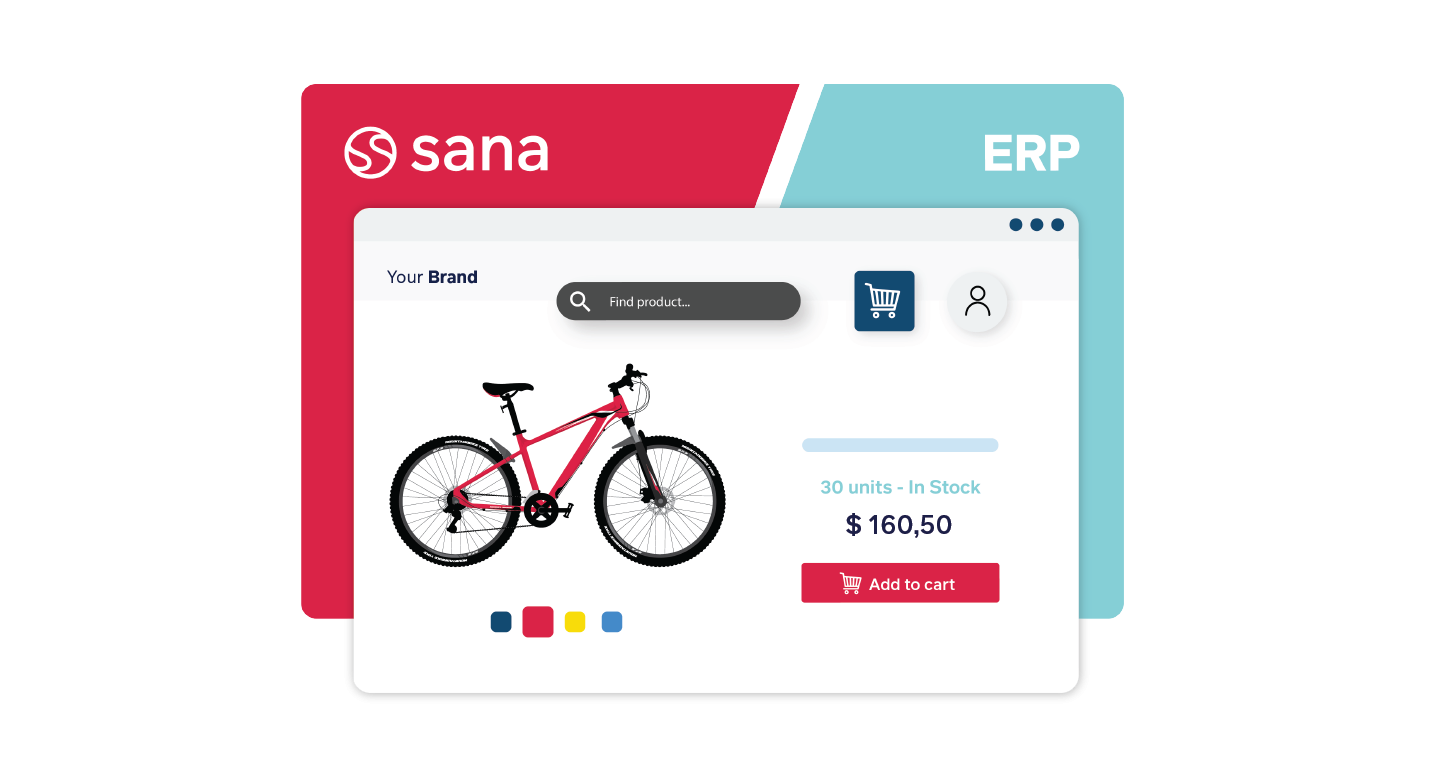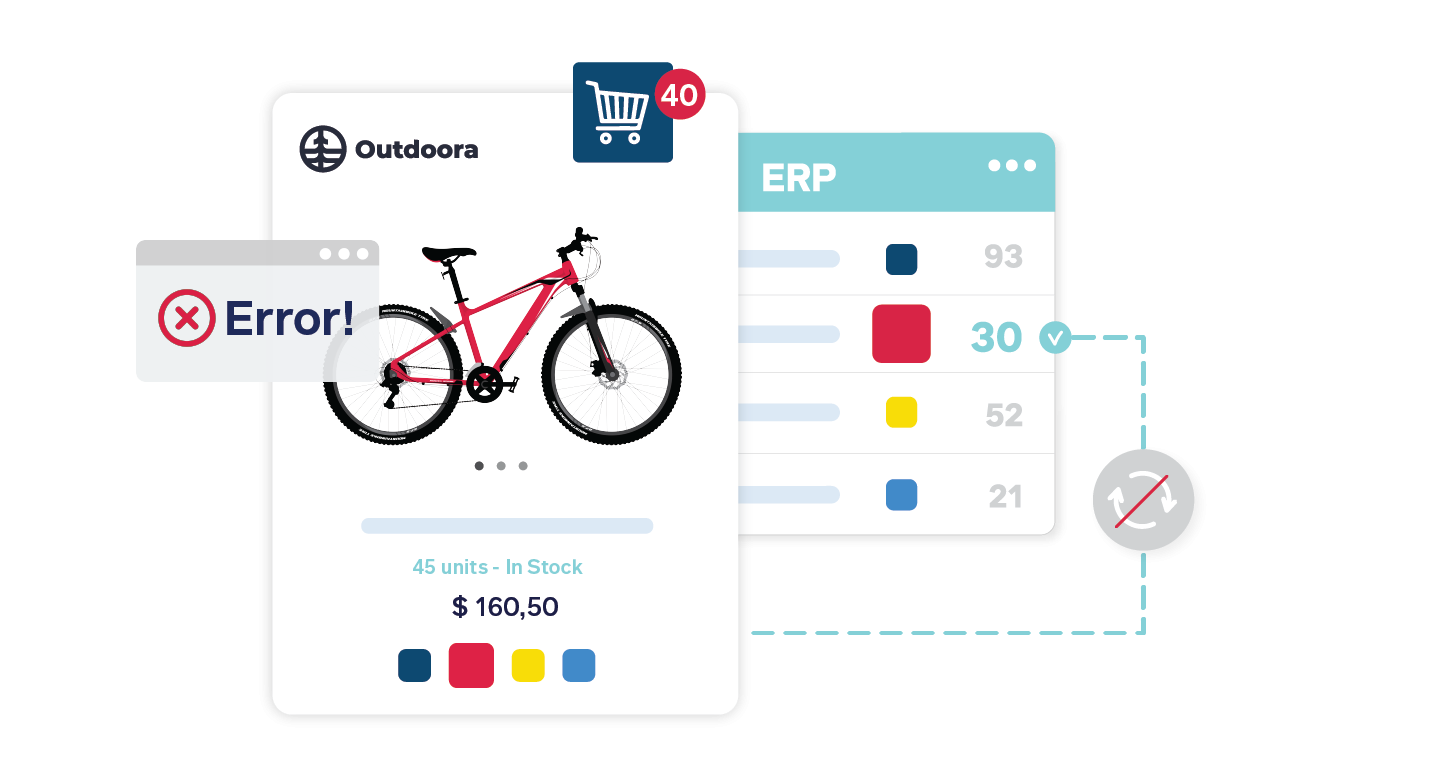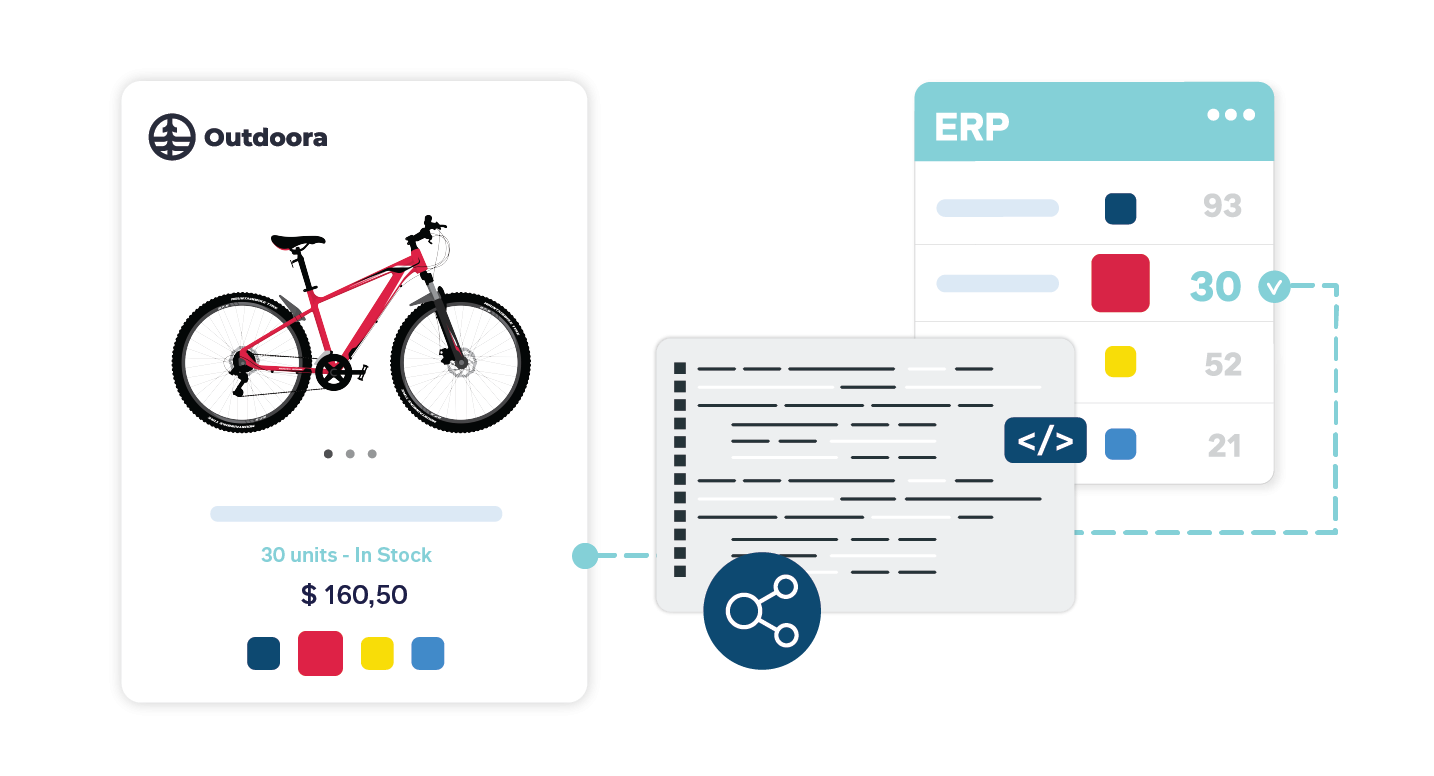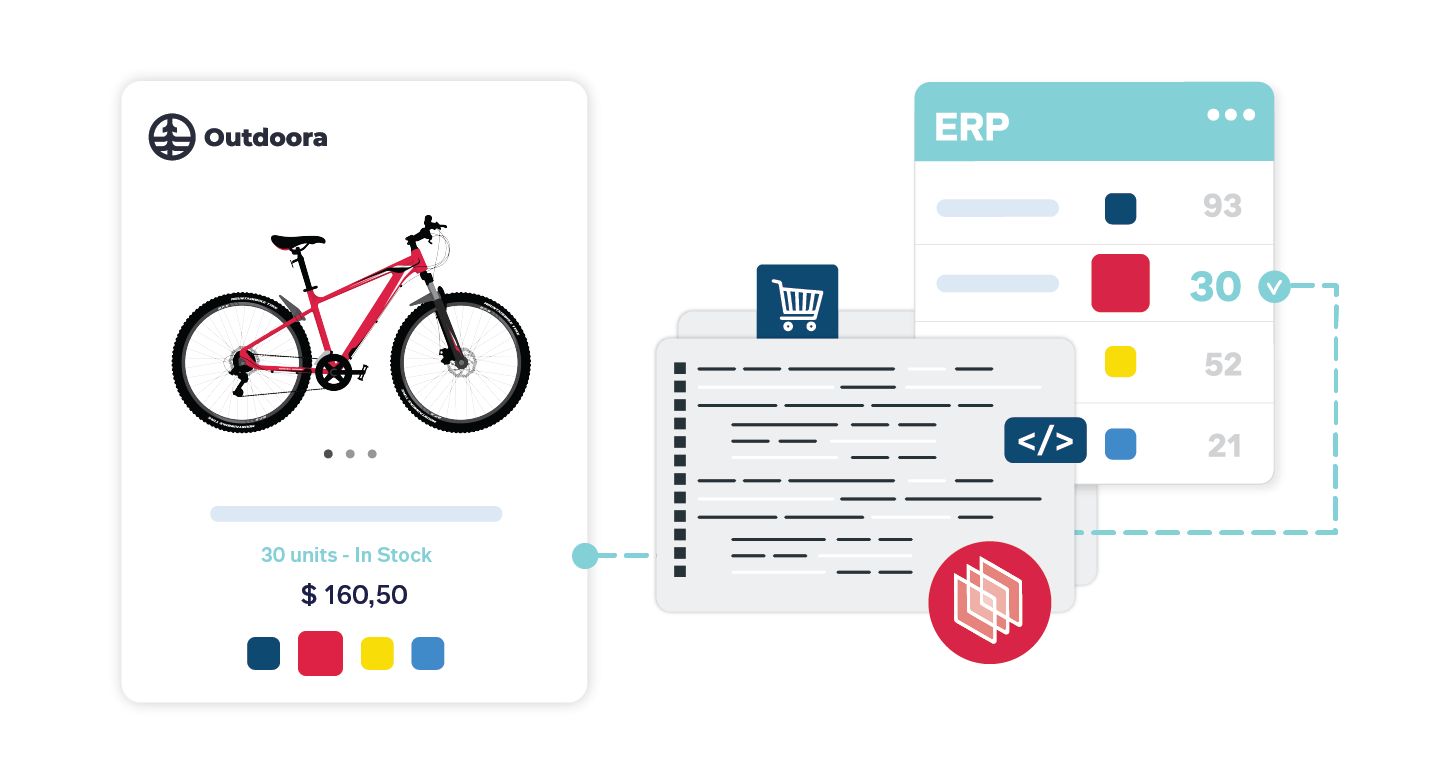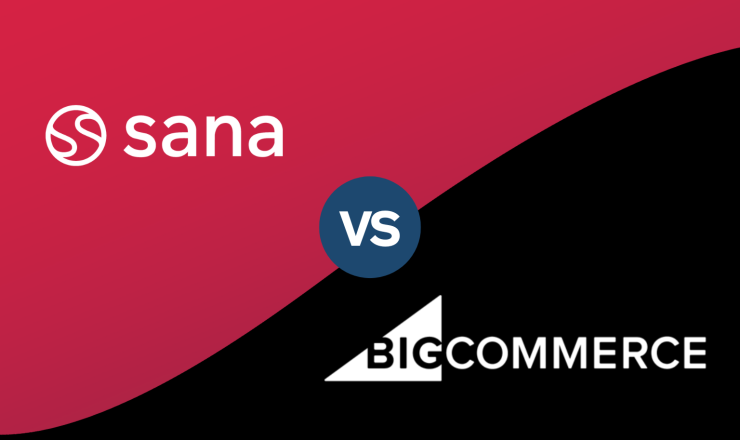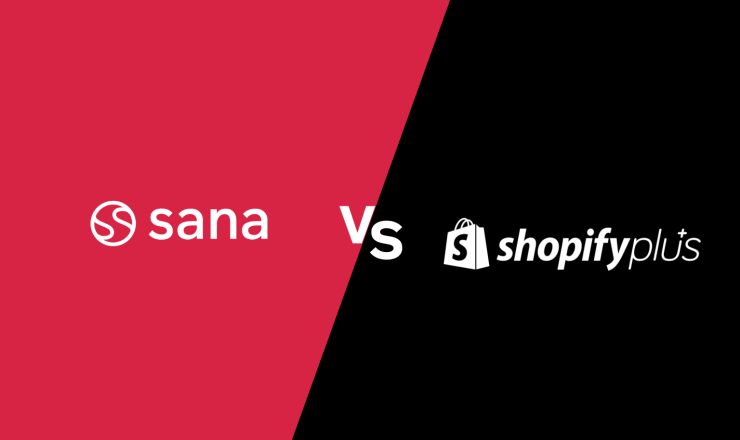List of B2B e-commerce solutions
There are a lot of e-commerce vendors out there, and they all claim to be the best. There’s no doubt that each one is the best for someone, but the real question is: Which e-commerce software is the best for you? It all depends on your industry, business size, goals and needs. We want to help you find the perfect solution for your business, even if it’s not ours.
Here’s an overview of what we consider to be the top 7 e-commerce platforms for B2B online businesses:
1. Sana Commerce Cloud (SCC)
Sana Commerce Cloud (SCC) is an ERP-integrated e-commerce platform that was built specifically to handle the complexity of the B2B use case. It’s an ideal choice for manufacturers, distributors and wholesalers looking for an e-commerce platform comes with a pre-built integration for Dynamics or SAP ERPs.
Pros:
- E-commerce with native ERP integration (no middleware or third-party integrations needed), enabling real-time data.
- Built for the B2B use case: Personalization capabilities ensure tailored, omnichannel customer experiences.
- Scalability and performance enabled by cloud-based infrastructure.
Cons:
- Unable to integrate with ERPs outside of Microsoft Dynamics and SAP.
- Customizations are usually required for larger enterprises.
- Highly specialized for B2B organizations, with standard B2C options.
2. Adobe Commerce (formerly Magento Commerce)
Adobe Commerce, formerly known as Magento, is a popular e-commerce solution known for its CMS and design capabilities. It has acquired even more functionality due in part to the move with Adobe, but is still most popular with organizations with extensive B2C or design requirements.
Pros:
- Advanced design functionalities thanks to pre-built integrations with Adobe.
- Extensive range of marketplace extensions (costs between $0-$15,000).
- Useful B2C functionalities for businesses in that industry.
Cons:
- ERP integration is not out-of-the-box.
- A higher-end e-commerce solutions provider with costs to match.
- Not highly specialized in B2B integration, leaving potential for siloes or B2B poor customer experience.
3. SAP Commerce Cloud
SAP Commerce Cloud is favored by SAP-savvy enterprises but might not suit SMBs due to high costs and complexity. Offering robust B2B/B2C features and global reach, it often demands lengthy partner-involved implementation (18 months), increasing expenses and intricacy. Being suite-centric limits API flexibility and exit adaptability, locking businesses into SAP ecosystem.
Pros:
- Extensive suite solution.
- Enterprise-grade and well-built for B2B.
- Offers a lot of B2C functionality.
Cons:
- Not a realistic option for small to midsize businesses.
- Complex product that can result in a lengthy implementation.
- Expensive.
4. Microsoft Dynamics 365 Commerce
Microsoft D365 Commerce, an omnichannel e-commerce solution in the Dynamics family, integrates with Microsoft ERP for streamlined operations. While it now emphasizes B2B features, it remains fundamentally B2C-oriented, bridging back-end to web store.
Pros:
- B2C-forward solution.
- Offers a host of back-end solutions to help connect your tech stack.
- Offers a connection from your (Microsoft) ERP to your web store.
Cons:
- Does not offer real-time integration between ERP and web store.
- Complicated product that uses middleware to connect backend systems.
- You’ll be locked into the Microsoft Ecosystem.
5. Shopify Plus
Shopify is widely known for their mainstream commerce offering to B2C sellers. Their B2B offering is called “Shopify Plus”. It offers a wide range of features and support, making it a leading choice for entrepreneurs and small businesses.
Pros:
- Easy-to-use interface with intuitive, built-in features.
- Extensive app store with a vast selection of add-ons and integrations for expanding functionality.
- Reliable customer support available 24/7 to assist with any issues or questions.
Cons:
- Limited customization options compared to self-hosted platforms. Limitations when it comes to free features.
- Transaction fees on certain payment gateways unless using Shopify Payments.
- Scalability challenges arise for large-scale businesses with high traffic volumes.
6. BigCommerce
BigCommerce is an open-source e-commerce platform that can function well across various sectors and industries.
Pros:
- Intuitive functionality and feature options.
- Secure platform with a great track record for keeping web stores safe.
- Flexible enough to accommodate other IT solutions (such as CMS platforms).
Cons:
- Relies on partners for implementation, which can drive project time and costs up.
- Migration costs and exports are often involved.
- Less extensive app marketplace.
7. Intershop
Intershop is a comprehensive e-commerce platform that offers a range of features and solutions for businesses looking to establish and grow their online presence. With its long-standing expertise in the e-commerce industry, Intershop caters to both B2B and B2C companies.
Pros:
- Scalable platform with a wide array of built-in features.
- Flexible architecture capable of meeting unique business requirements.
- A full-suite solution.
Cons:
- Only interfaces with SAP and Microsoft Dynamics 365 for Finance and Operations.
- Interfaced solution means no direct integration with the ERP.
- Potentially higher upfront costs compared to other platforms on the market.

